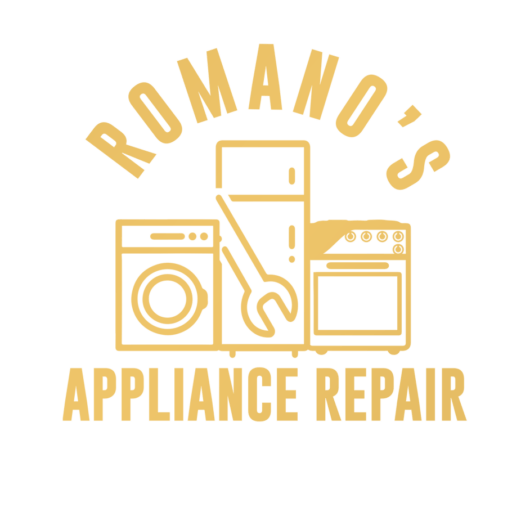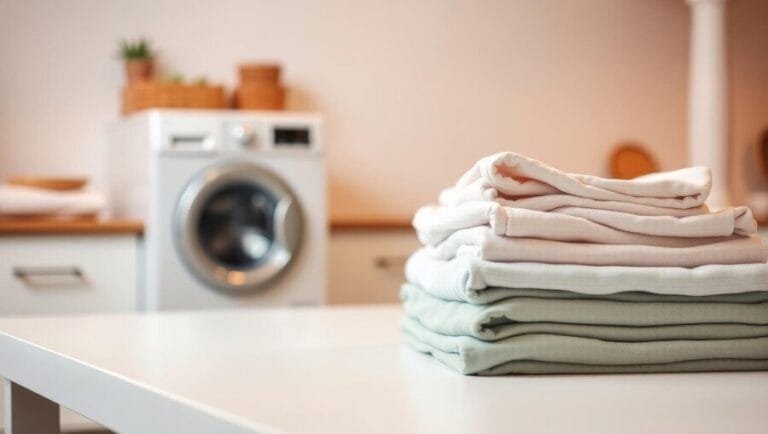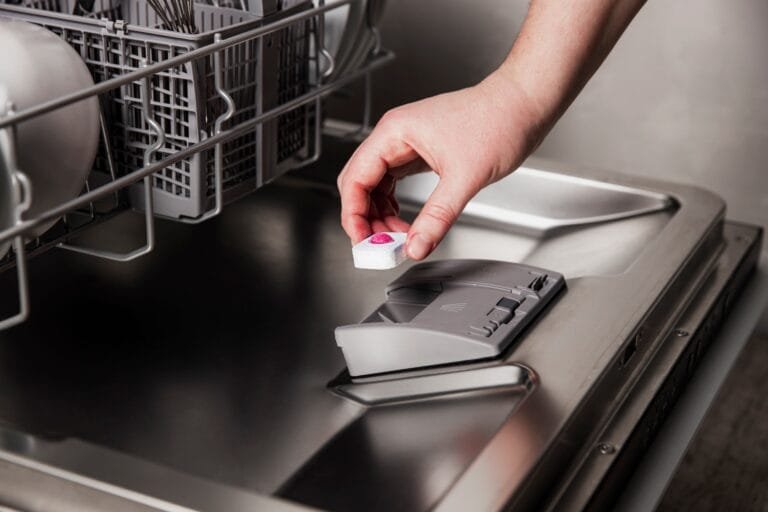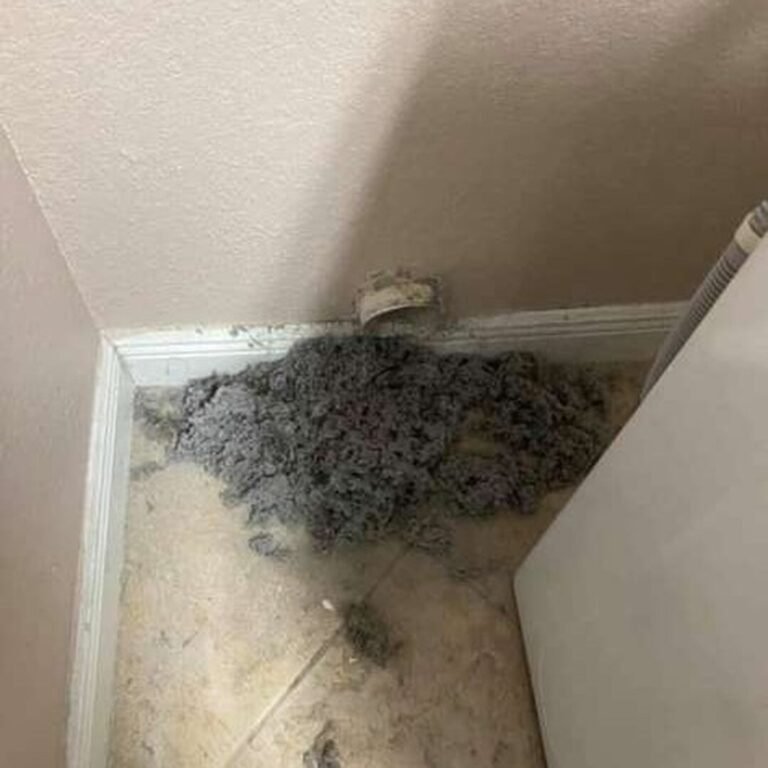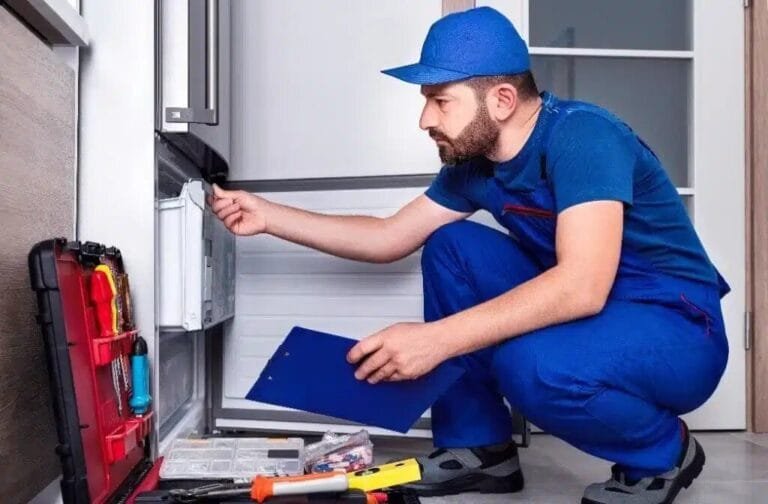Although water leaks from appliances can seriously and expensive damage your house, with proactive maintenance and attention to a few important parts you can greatly lower the likelihood of this occurring. This is how to stop leaks from standard appliances including refrigerators, dishwashers, and washing machines.
1. Check and replace hoses for the water supply
Usually the most commonly offenders behind leaks are the hoses supplying water to your washing machine and dishwasher. These hoses may burst, break, or wear out over time resulting in major water damage. Often stopping leaks is achieved by routinely examining hoses for wear, splits, or bulging.
Change rubber hoses for stronger stainless steel braided hues every three to five years. Their lifetime is better and they are more resistant to bursting.
Make sure your links to water supply valves are snug but not overly tight since this can ruin threads.
2. Drain and Filter
Blocked drains or clogged filters could cause leaks from your appliances and water backup. Frequent cleaning of these places helps to maintain free from pollutants unfettered water flow:
Look down the dishwasher’s filter at the bottom. Frequent cleaning helps to clear pathways.
Regarding washing machines: If your machine has one, clean the drain pump filter. Usually found front or rear, it could amass trash likely blocking water flow.
If your refrigerator contains an ice maker or water dispenser, check and clean the drain lines to stop leaks.
3. Level Three Devices
An imbalanced appliance can let water escape from places it shouldn’t be in. Specifically with refrigerators and washing machines, this is vitally essential:
Level the washing machine to avoid too much movement throughout cycles. Too strong vibration or rocking can compromise water connections and lead to leaks.
Regarding Refrigerator : Make sure the refrigerator is level to provide appropriate defrost cycle drainage.
4. See Seals and Gaskets
Missing or broken door seals let water pass through. Particularly with home appliances, routinely check the seals and gaskets for:
Look at the rubber gasket around the Dishwashers door. Replace it if it breaks or wears to stop water from leaking out during wash cycles.
Refrigerators: Specifically in the freezer section, check the door seals should be clean and undamaged. Should your refrigerator run drinking water or ice, leaks from inadequate sealing could ensue.
5. Never Tax Your Equipment
Ask manufacturer advice on load size depending on leaks and internal component strain arising from overloading washing machines or dishwashers:
Washing machine: Avoid overfilling since it strains the machine’s drum and could lead to leaks from the door or the rear connections.
Correct loading of dishes helps prevent impeding the spray arms, so preventing water gathering and seeping out of the door.
6. Set up leak detectors
An easy yet useful instrument for early leak detection are leep detectors. These tools can notify you to water leaks before they actually damage anything:
Under the washing machine, under the sink, under the dishwasher, install leak detectors next to water-supplying equipment. Few smart gadgets among detectors use your smartphone to notify you with real-time protection.
7. Stop Water Supply even Not Using
Consider shutting off appliance water supplies for long distances from home, say for a vacation. This can prevent leaks that might start while you are away:
To prevent any unplanned hose failures, turn off the water supply valves for these appliances.
Turn off the water source if your refrigerator boasts an ice maker or water dispenser to stop leaks while you are away.
Although routine do-it-yourself inspections are crucial, at least once a year professional maintenance might find hidden problems including deteriorating components or slow leaks. Professionals can also take preventative care you might ignore source.
Conclusion
By following these preventative measures, home appliance water leaks will be far less common. By means of regular maintenance, timely repairs, and a sharp eye for likely issue areas, you can ensure that your appliances run for years to come and help you prevent expensive damage.
See Romano’s Appliance Repair for more professional advice and appliance repairs.
